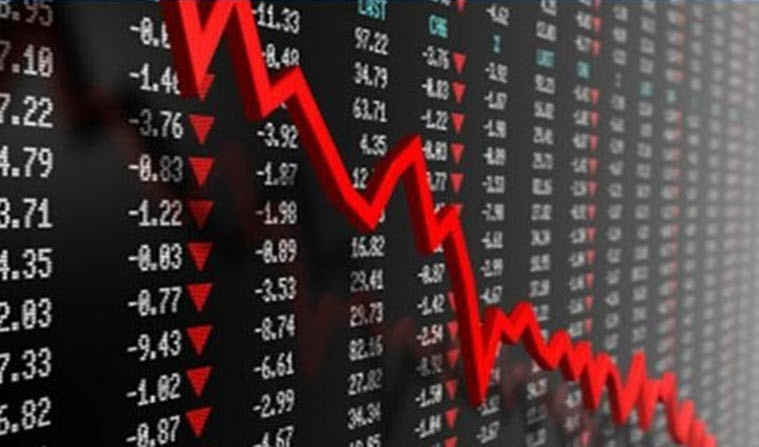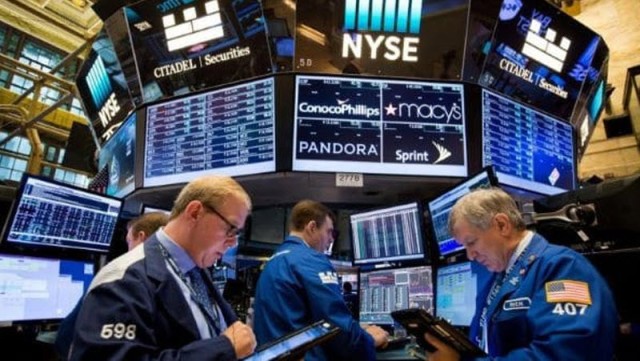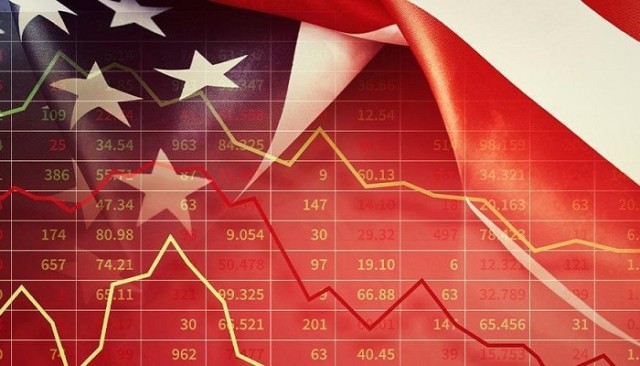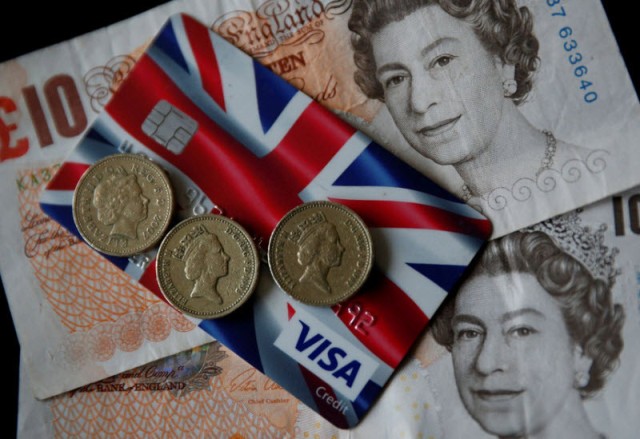Boaz Weinstein, founder and chief information officer of Saba Capital Management, warned of a bleaker economic outlook than many realize, which will make stocks suffer for years or even decades.
According to Arab Net, Weinstein expressed great pessimism about what will happen to the markets when central banks cancel their stimulus programs to combat spiraling inflation.
Weinstein added in an interview with the Financial Times, published on Monday: “There is no happy ending after all of this, just as there is no reason why this difficult economic period will only last two to three quarters, and there is also no reason to believe that we will face a soft landing or a shallow recession.” .
Saba Capital, founded in New York City in 2009, was one of the world's top hedge funds at the height of the pandemic in 2020, according to the Financial Times, and its main fund has risen by about a third this year so far.
As of September, Saba had $4.8 billion in assets under management.
Weinstein said quantitative tightening - the opposite of central banks' bond-buying programs that cause them to sell debt back into the markets - would create real headwinds for investors.
And in recent months, the Fed has ramped up its $9 trillion balance sheet cut while implementing a series of interest rate hikes.
A lesson from the east
Weinstein referred to Japan, which suffered a decade of economic stagnation after the asset bubble burst in the early 1990s when rapid monetary tightening sent stock and land prices crashing.
He predicted that developed markets could certainly follow the example of Tokyo's Nikkei 225, which is still about 30% below its 1989 high.
According to Weinstein, the Nikkei overvalued correction changed the psychological state of whether an investor is a stock holder.
He said inflation, rising interest rates, escalating energy costs, the war in Ukraine and concerns about the Chinese economy are all creating a hazy environment for investors who are trading in the current bear market.
So far this year, the S&P 500 has shed 21% of its value, while the Nasdaq Composite is down 31% since the start of 2022.









































